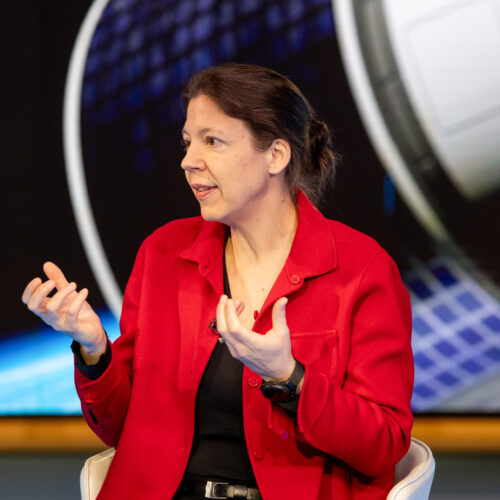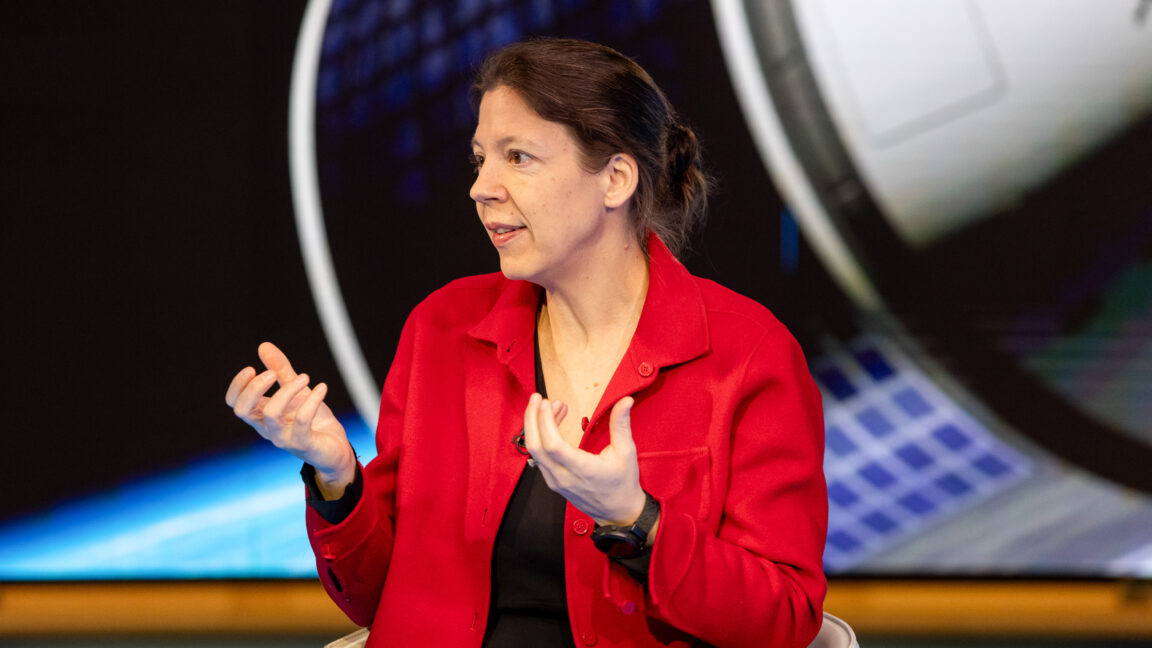Elon Musk Wants to Turn Texas Starbase Into a Company Town

SpaceX wants to turn its Texas Starbase site into a city.

Cohere
If this was the year companies adopted AI to stay competitive, next year will likely be about customizing AI solutions for their specific needs.
"The next phase of development will move beyond generic LLMs towards tuned and highly optimized end-to-end solutions that address the specific objectives of a business," Aidan Gomez, the CEO and cofounder of Cohere, an AI company building technology for enterprises, wrote in a post on LinkedIn last week.
"AI 2.0," as he calls it, will "accelerate adoption, value creation, and will help fundamentally transform how businesses operate." He added: "Every company will be an AI company."
Cohere has partnered with major companies, including software company Oracle and IT company Fujitsu, to develop customized business solutions.
"With Oracle, we've built customized technology and tailored our AI models to power dozens (soon, hundreds) of production AI features across Netsuite and Fusion Apps," he wrote. For Fujitsu, Cohere built a model called Takane that's "specifically designed to excel in Japanese."
Last June, Cohere partnered with global management consulting firm McKinsey & Company to develop customized generative AI solutions for the firm's clients. The work is helping the startup "build trust" among more organizations, Gomez previously told Business Insider.
To meet the specific needs of so many clients, Gomez has advocated for smaller, more efficient AI models. He says they are more cost-effective than building large language models, and they give smaller startups a chance to compete with more established AI companies.
But it might be only a matter of time before the biggest companies capitalize on the customization trend, too.
OpenAI previewed an advancement during its "Shipmas" campaign that allows users to fine-tune o1 — their latest and most advanced AI model, on their own datasets. So, users can now leverage OpenAI's reinforcement-learning algorithms to customize their own models.
The technology will be available to the public next year, but OpenAI has already partnered with companies like Thomson Reuters to develop specialized legal tools and researchers at Lawrence Berkeley National Laboratory to build computational models for identifying genetic diseases.
Cohere did not immediately respond to a request for comment from Business Insider.
“I’m trying to find holiday gifts for my sisters. I open a bunch of tabs, I want my wife’s advice.” That’s Browser Company CEO, Josh Miller, in his company’s latest ad for its new AI browser, Dia. Consulting your spouse to find gifts for your siblings is a pure — and dare I say, sweet […]
© 2024 TechCrunch. All rights reserved. For personal use only.
Intel has announced that CEO Pat Gelsinger has retired, effective December 1, and stepped down from the company’s board of directors. Intel execs David Zinsner and Michelle Johnston Holthaus have been named interim co-CEOs. Zinsner is Intel’s CFO, while Holthaus is GM of Intel’s client computing group. Holthaus has also been appointed to the newly […]
© 2024 TechCrunch. All rights reserved. For personal use only.
The Browser Company, the company behind Arc Browser for both desktop and mobile, teased its new web browser Monday called Dia — and this time, it focuses on AI tools. In the last few years, the startup launched Arc on Mac and Windows and Arc Search on iOS and Android, but the company is beginning work […]
© 2024 TechCrunch. All rights reserved. For personal use only.
India has bucked the global trend in initial public offerings this year, establishing itself as a rare bright spot for tech listings while other major markets face continued headwinds. The world’s most populous nation is now preparing for an even more substantial wave of startup IPOs in 2025. More than 20 startups are preparing to […]
© 2024 TechCrunch. All rights reserved. For personal use only.
It would be easy to be cynical about a German-French startup named The Exploration Company, which aims to build an increasingly sophisticated lineup of spaceships that could one day launch astronauts into orbit.
After all, European space startups don't have the greatest track record, and even with billions of dollars, one of the world's leading aerospace companies, Boeing, has failed so far to deliver a fully space-worthy human vehicle. Space is hard; human spaceflight is harder. So when a European startup shows up with grandiose plans, one's natural inclination might be to dismiss them.
That's more or less how I felt before I spoke with the founder of The Exploration Company, Hélène Huby, this week. She was surprisingly frank about the difficulties in pulling this off and shrewd about her political assessment of why now might just be the time for a new generation of European spacecraft.


© Betty Laura Zapata/Bloomberg via Getty Images